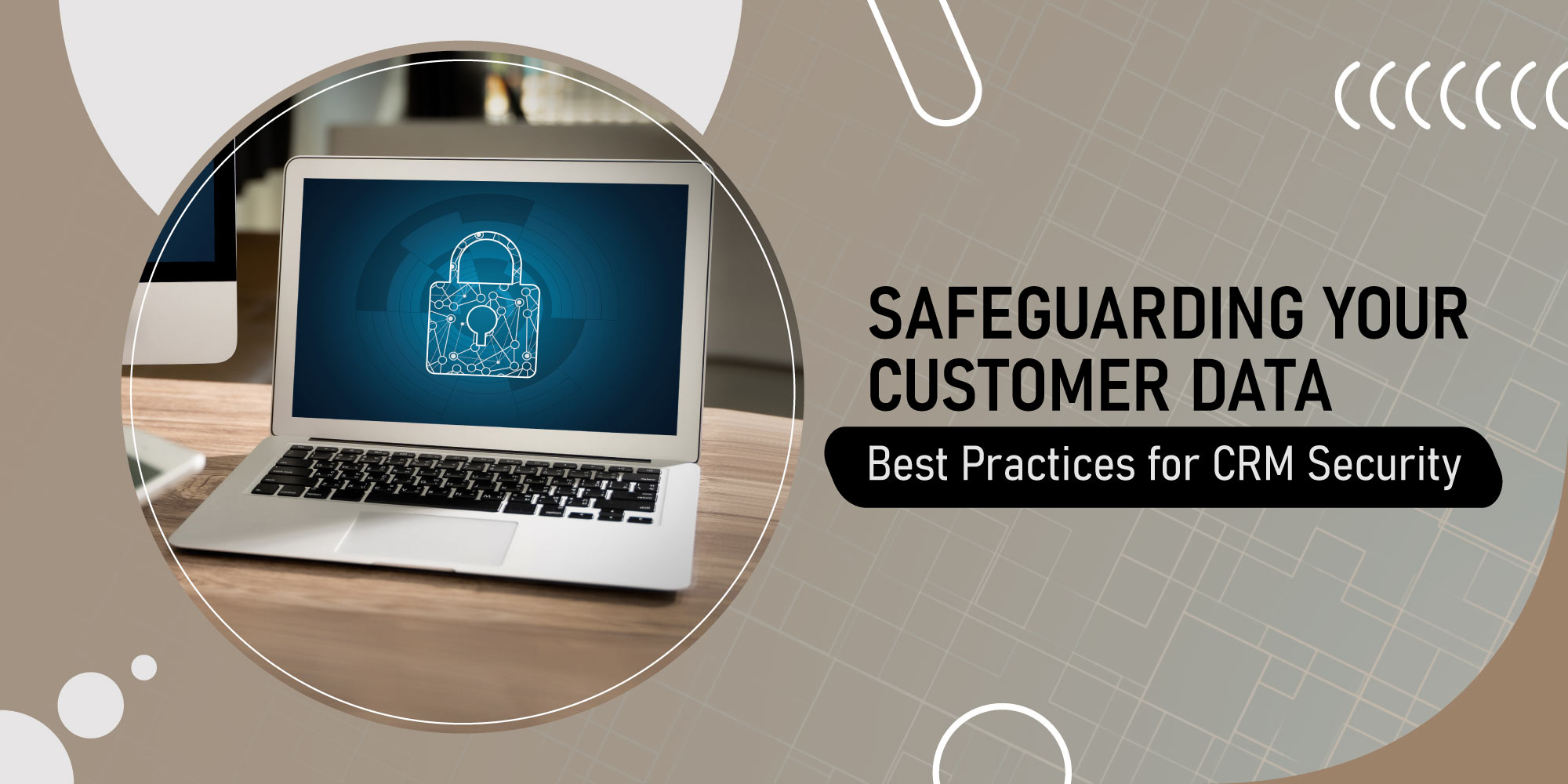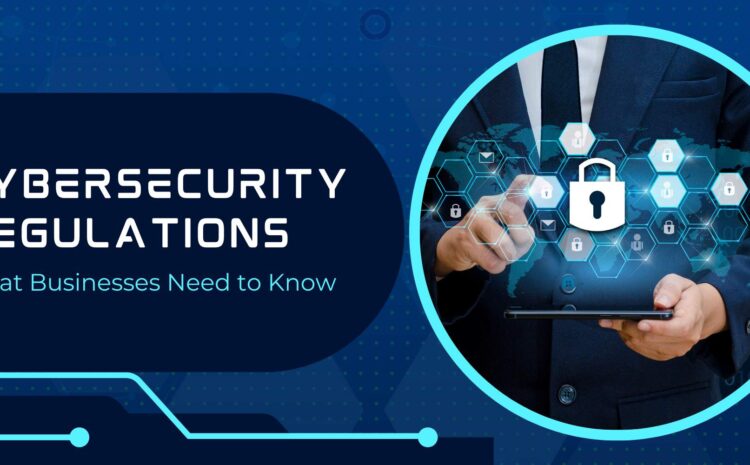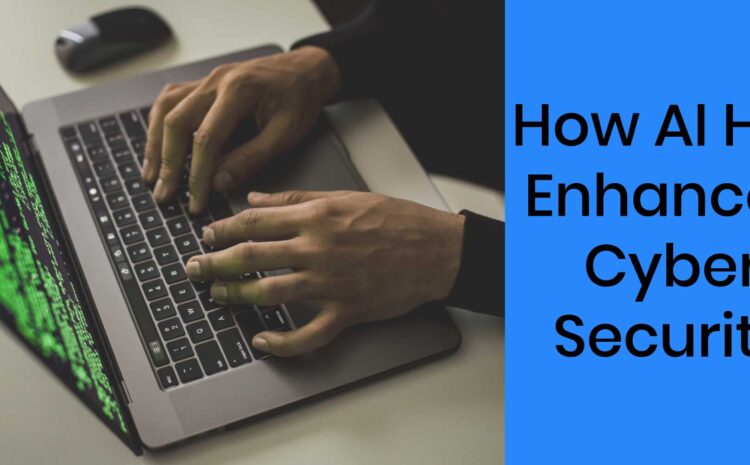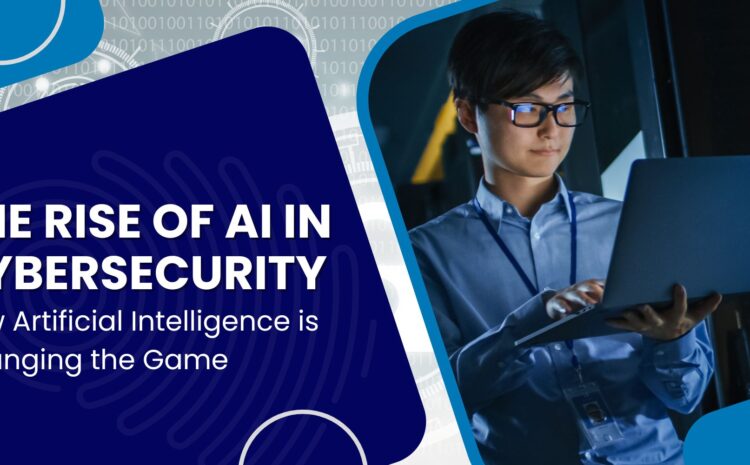Welcome to our blog! we’re thrilled to welcome you to a blog dedicated to fortifying the heart of modern business – CRM security. Join us as we unravel expert strategies, empowering you to safeguard customer trust and enhance your business resilience. Let’s embark on a journey to secure the future of your customer relationships.
In the digital age, where customer relationship management (CRM) systems play a pivotal role in business operations, safeguarding customer data is of paramount importance. As businesses increasingly rely on CRM tools to manage and nurture customer relationships, the need for robust security measures becomes imperative. In this blog, we’ll explore expert strategies to ensure bulletproof CRM security, instilling confidence in both customers and businesses.
Implement Robust Authentication Measures:
The first line of defense against unauthorized access is robust authentication. Implement multi-factor authentication (MFA) to add an extra layer of security beyond traditional usernames and passwords. This ensures that even if login credentials are compromised, an additional verification step is required, mitigating the risk of unauthorized access.
Encryption for Data Protection:
Encrypting sensitive data within the CRM system is a fundamental step in safeguarding customer information. Utilize strong encryption algorithms to secure data both in transit and at rest. This ensures that even if data is intercepted, it remains unreadable without the proper decryption keys.
Regular Security Audits and Monitoring:
Conducting regular security audits and monitoring activities helps identify vulnerabilities before they can be exploited. Implement intrusion detection systems and regularly review access logs to detect any suspicious activities. By staying proactive, businesses can address potential security threats before they escalate.
Employee Training and Awareness:
Often, security breaches result from human error. Conduct regular training sessions to educate employees about the importance of CRM security and best practices. Ensure they are aware of phishing threats and the significance of maintaining strong, unique passwords.
Role-Based Access Control (RBAC):Implementing RBAC ensures that users have access only to the information necessary for their roles. This minimizes the risk of unauthorized individuals accessing sensitive customer data. Regularly review and update access permissions based on employees’ roles within the organization.
Regular Software Updates and Patch Management: CRM systems, like any other software, require regular updates and patches to fix security vulnerabilities. Ensure that your CRM software is up to date with the latest security patches to protect against known exploits.
Data Backups and Disaster Recovery Plan: In the event of a security breach or data loss, having a robust backup and disaster recovery plan is crucial. Regularly back up CRM data and test the restoration process to ensure that critical information can be recovered quickly and efficiently.
Cloud Security Best Practices: If your CRM system is hosted in the cloud, adhere to cloud security best practices. This includes configuring proper access controls, utilizing encryption, and partnering with reputable cloud service providers that prioritize security.
Regulatory Compliance: Familiarize yourself with relevant data protection regulations, such as GDPR, HIPAA, or CCPA, and ensure your CRM system complies with these standards. This not only protects customer data but also helps businesses avoid legal repercussions.
Incident Response Plan: Develop a comprehensive incident response plan to efficiently address security incidents. This should include a clear chain of command, communication plan, and steps for containing and resolving security breaches promptly.
Conclusion: Guarding customer confidence through bulletproof CRM security is an ongoing process that demands attention to detail and a proactive mindset. By implementing the expert strategies outlined above, businesses can fortify their CRM systems, instilling trust in customers and ensuring the longevity of valuable relationships. In the ever-evolving landscape of cybersecurity, staying vigilant and adaptable is key to maintaining the integrity of customer data and the reputation of your business.

 Linkedin
Linkedin


